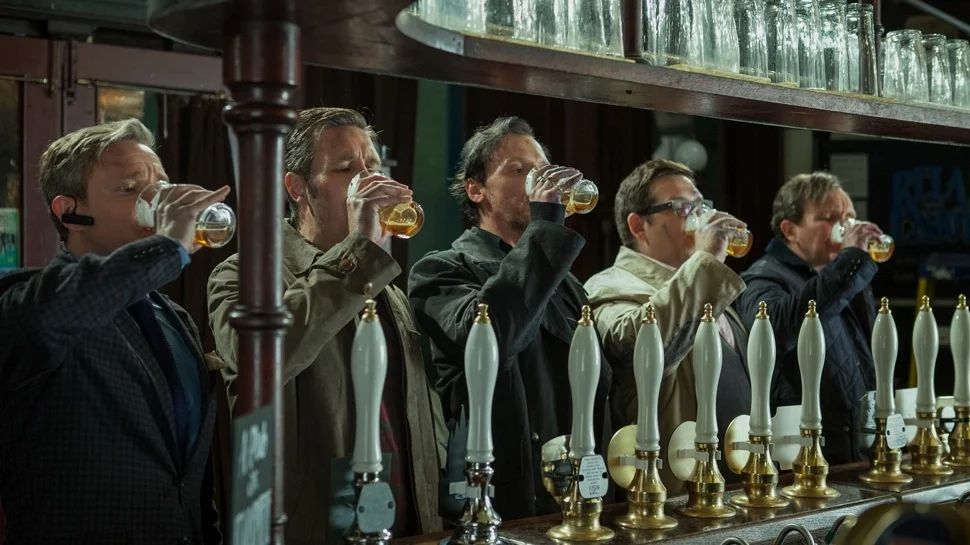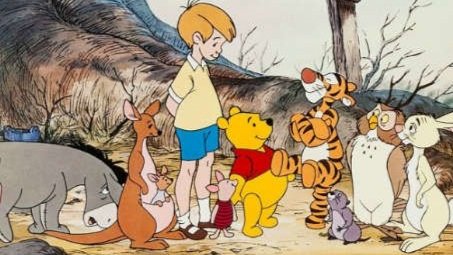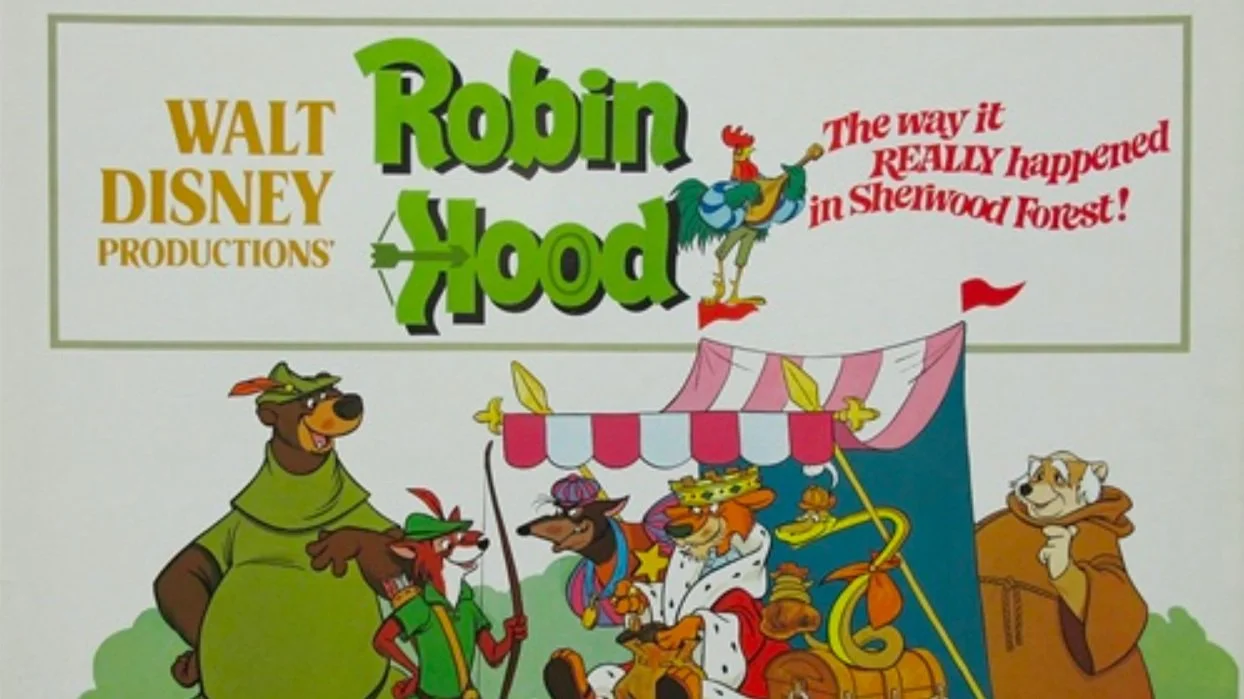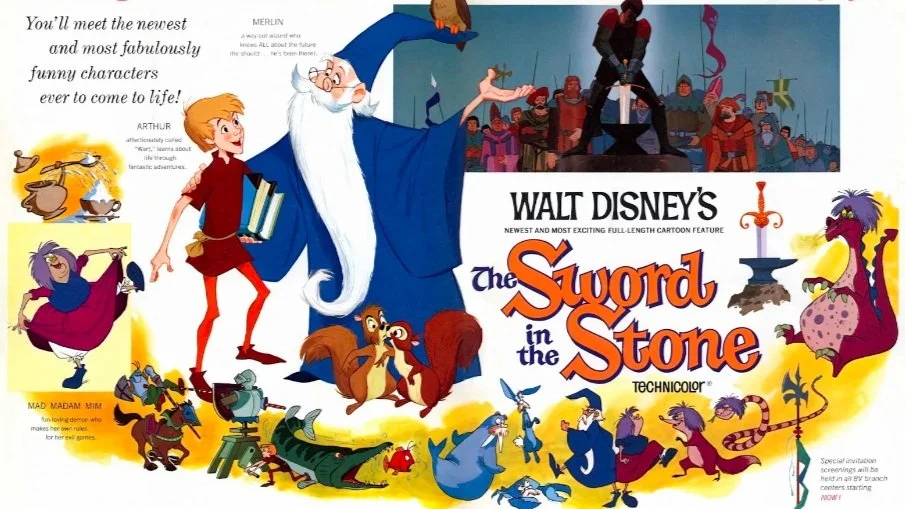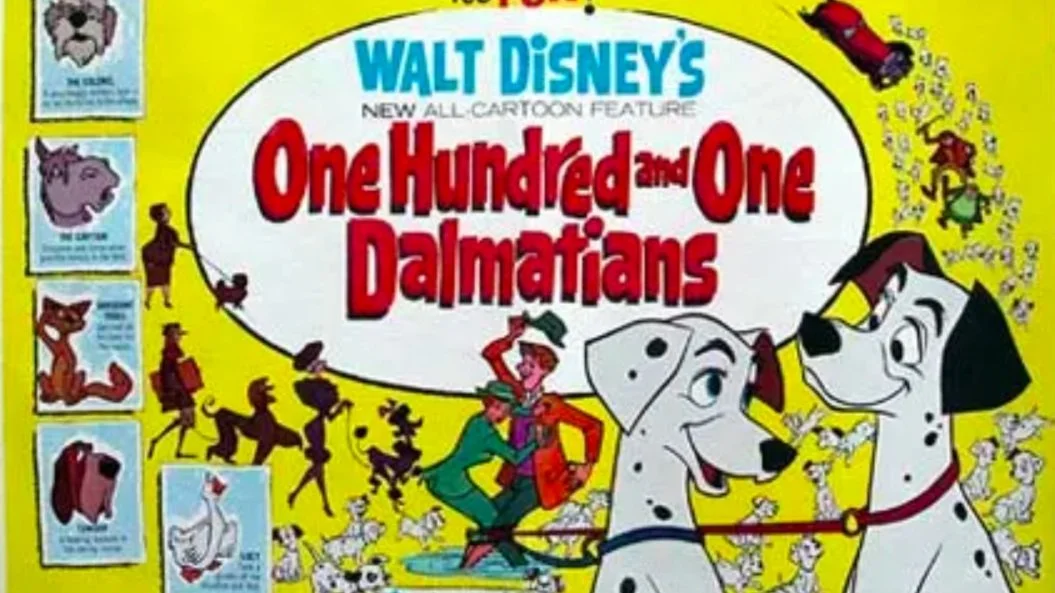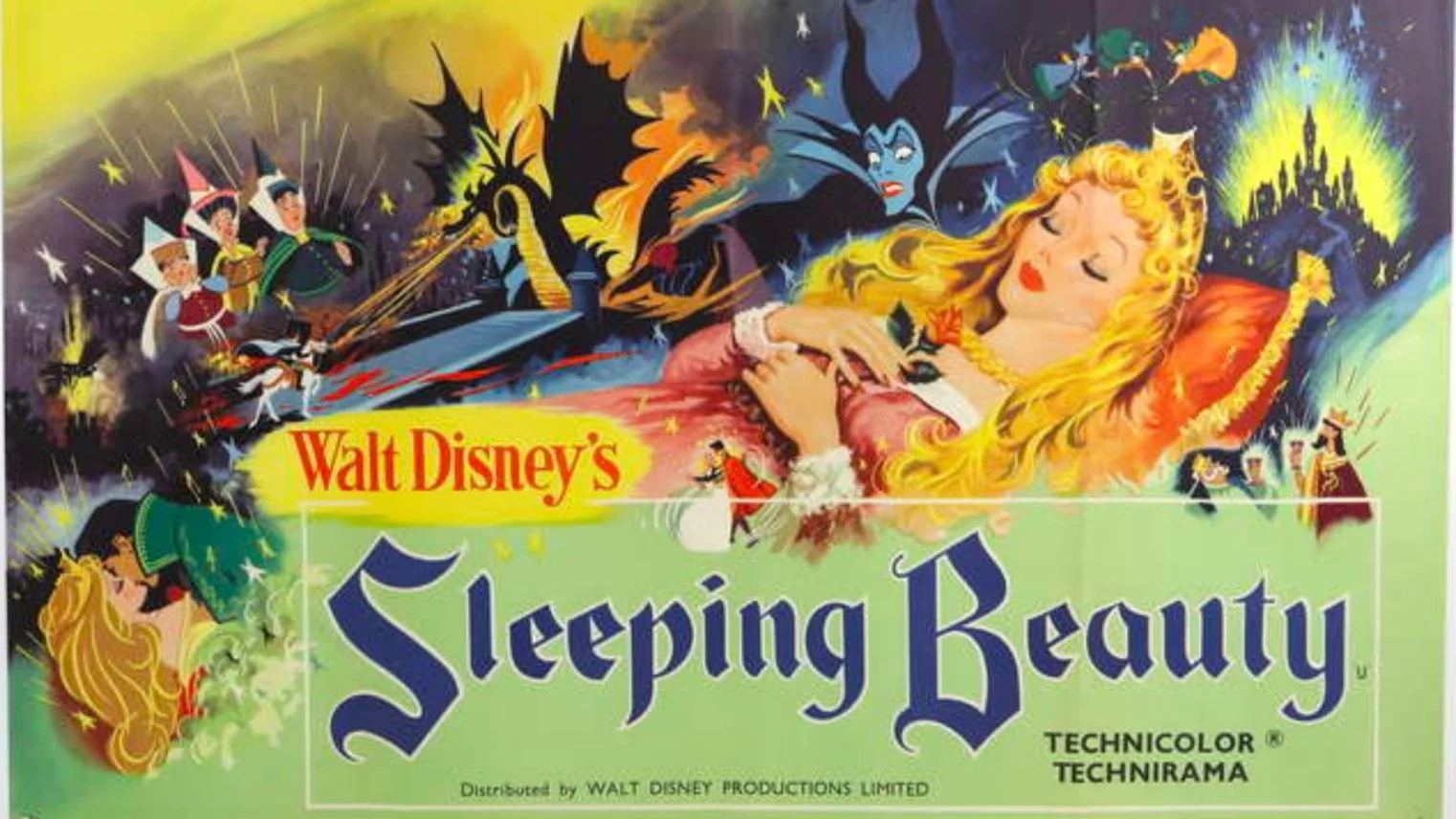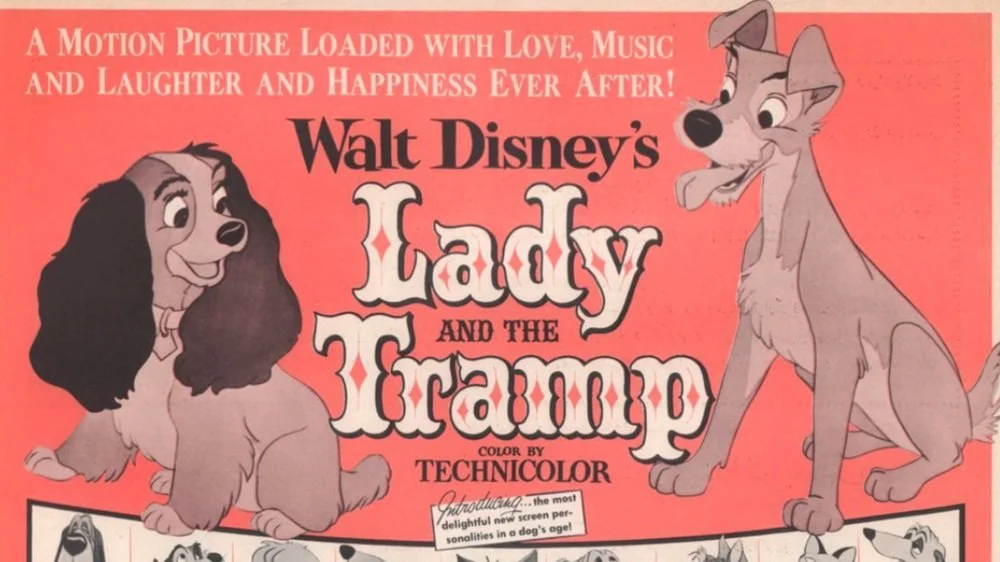The Best Of The Best: Edgar Wright's The World's End
Some odysseys span time - Homer’s epic 8th century BC poem, The Odyssey, takes place over 20 years – some span distance – Stanley Kubrick’s expedition beyond the outer limits of space in 2001 - while others span and askew the spirit – 2013’s melancholic urban folk-tale, Inside Llewyn Davis – showing the transcendent voyage of man’s ongoing internal conflict. All take place on a grand scale that circumnavigates intimate undertones with sprawling ideas discovered over foreign land. This is more or less the case with Edgar Wright’s The World’s End, a collective journey into the past through the nostalgic trappings of five friends, most of whom have grown astray from each other and their youthful selves.
What makes Wright’s hop-fueled odyssey, in which a group of old acquaintances gather once more to finish a pub crawl they started at the tail end of their high school glory days so distinct in its excursion through its unwavering fallacies is that it transcends time, space, and the human spirit. It manages, what only a director with Wright’s heartfelt pop-sensibility could, to muster the substantiality of Odysseus’s perilously long journey with the profound gap formed from the past, like David Bowman passing through a black hole linking two periods of existence. What emerges on the other end is a reunion of hazy sentimentality and sober melancholy that is earnest, witty, and exhilarating, marking The World’s End as director Edgar Wright’s best film.
At the heart of it all is the odyssey of Gary King (Simon Pegg), seen as royalty among his group of high school friends, once admired for his boyish good looks and brazen attitude. His best days might already be behind him, never quite leaving the party’s booze stained dance floor, even after the weekend has long been over. Now at the tail end of his 30’s, unable to leave the past behind, Gary decides to get the boys back together in their hometown, the rurally dull Newton Haven, to finish what they started years ago; a night out drinking the golden mile – a span of 12 pubs that consist of names suited for an old Arthurian tale such as The Cross Hands, The Two Headed Dog, The King’s Head, and finally, The World’s End. Fitting, given how our characters, all with noble surnames surreptitiously unsheathed as if the film is a high fantasy concocted from the mind of a certain King, are dragged back into youthful abandonment for one last night.
There’s also Peter Page (Eddie Marsan), who never really overcame the schoolyard bullying that nearly dislodged his eye from its socket, now selling luxury cars at his father’s dealership. Oliver Chamberlain (Martin Freeman), the stuffy real estate agent who fancies himself a Gordon Gekko type, drifts in between calls from his Bluetooth lodged in his ear and business insider trading from his phone. Steven Prince, (Paddy Considine) a recently divorced construction foreman, is dating a 26-year-old personal trainer, which he boldly proclaims with a subtle air of indignity. His undeclared affection for Oliver’s sister, Sam (Rosamund Pike), has cemented a rivalry with Gary, whose limited ambitions include bumping into her at the nearest stall, which if you’re Sam, only sounds appealing when you’re seventeen. Andy Knightly (Nick Frost), once Gary’s steward or wingman, now doesn’t speak his name after an unseen accident, appearing well off as a happily married lawyer. Much like Gary, his friends, and subsequently the aforementioned town of Newton Haven, nothing is really as it seems; a façade covering up scars that run as deep as old friendships.
While The World’s End is by all means a deeply heartfelt reunion film – think The Big Chill with less yuppies and more beer – it’s all coiled tightly around a pulpy paranoiac invasion plot that has Wright and Pegg dipping their pens into the sci-fi fares of the 70’s, as it’s soon discovered that the gang’s hometown is now populated by literal blue-blooded doppelgangers – who emit beams of cerulean light - of former flings, acquaintances, and even faculty in a bit cameo by Pierce Brosnan. These shadowy figures obstruct the brick quaintness of Newton Haven with glowing eyes that evoke John Carpenter’s Prince of Darkness, a Fulci-esque genre piece in which the city’s denizens become demonic puppets, while the who’s who obsession prickles with the paranoia of Philip Kaufman’s Invasion of the Body Snatchers. It has never been a mystery as to the genre of films adored by Wright – his much publicized top 1000 films suggest the nervous noir as a headliner – yet watching the surefire bravado of its execution shows a director who not only lives for genre, but loves the characters inherent to it.
Co-written with Pegg, The World’s End treats the illusion of its estranged friends like the recollections of the past, each foggier than the last. Every story is shaped by perception, further molded by the ever present hand of time that leaves moments lingering (like a hoppy note on the tongue), left to be pieced together by its storytellers. Gary remembers the triumphant feeling of that booze soaked night, while Oliver recalls the excruciating morning after. Gary thinks of his youthful rivalry with Steven as playful, whereas Steven looks back at the lost opportunities to tell Sam how much he loves her. Peter, save for the torment of the school bully, recollects being invisible, but Gary remembers feeling invincible. His existence remains lodged somewhere between the cracks of his past and present, the former acting as a substance he can’t put down.
Gary still drives the same beat-up Ford Granada from high school, lathered in enough matte paint to cover its scars, and he wears the same Sisters of Mercy shirt despite its decades of use. His collected remembrance of that night opens the film, as Gary sits in a sequestered and featureless room at a clinic amongst similar souls stuck in cycles of reckless abuse. Even his delivery of that night, told with elated pomp and circumstance, feels rehearsed and recycled, kept spinning in his consciousness like the high school mix that has never left his car’s tape player. Every character of The World’s End remains hidden in the past in some way or another, and they can’t move forward unless they go back; to face themselves, their ghosts, and of course, that night.
We’re shown that evening of comradery in pieces, pasted together through Wright’s trademark flourish of engineered, manic quick-cuts – edited by Paul Machliss (Baby Driver) – which feels soaked in libations and made accessible as a painful reminder of what once was. The film treats that night as a frothy haze of youthful nostalgia; a whirlwind of bottomed beers and upheld companionship that stands as a watershed moment of reckless abandonment. For Gary, it never got better, and despite the script never taking the time to reflect on the subsequent years, we feel the crushing weight of Gary’s burden. Of how heavy life can be to shoulder when you feel there’s nothing waiting at the top of the hill.
It is no secret that Pegg has fought with depression and alcoholism, often hiding behind an actorly guise in order to dissuade the public eye of his struggle. This time, the pretense is addiction, confronted with an acupuncture like prowess that shows a performer championing sincerity both on and off the screen. Pegg, who is no stranger to roles filled with lethargy and malaise, embodies Gary with subtle ticks of brilliance. Expressive and often exaggerated creases mark his face as he twitches a blink between unstable jitters that show an addict in recourse, moving between manic bouts of gaiety and self-destruction. His desperate odyssey, written out with the explosive calculation of a suicide note, shows an actor as a mirror image of his former self – a once and future King – who confronts demons with such ferocity that it feels transcendent; a crowning achievement in characterization only an actor of Pegg’s caliber could pull off.
Then again, there’s enough fat to go around the table to provide Nick Frost an abundant amount of affectation to chew as Andy, the stalwart sidekick who is once again thrown into the maw of Gary’s addiction. Gone is the innate aloofness often attributed to Frost’s frequently codependent roles – both Wright’s previous films, Shaun of the Dead and Hot Fuzz can attest to his whims of childlike fancy – replaced with reserved stoicism and an emotionality that ebbs and flows against his explosive mannerisms. He’s an actor who understands the expressiveness of the body, conveying urgency and fervor with operatic grandeur who never feels restless taking center stage, moving with the fluidity and force of grand rapids when the gang is thrown into two hyper-brutal fight scenes, strikingly choreographed by illustrious Jackie Chain alum, Brad Allan.
Which is not to say that Frost isn’t at his best when he’s pulsating with the kinetic energy generated between two actors with impeccable chemistry, because he is! Pegg and Frost were meant to create joy from cause and effect, encapsulating dynamicity the way Stan Laurel and Oliver Hardy, Lucille Ball and Vivian Vance, and to a much lesser degree, Chris Farley and David Spade did. It’s just that Frost, wizened from the doughy eyed naivety of his character Mike from BBC’s comically pithy Spaced, doesn’t need to rely on it. Andy is a character who, like the alien beings embodying the citizens of Newton Haven, is never quite as he seems, amalgamating a deeply painful past with the love for a friend who has just about given up on life.
Gary’s languished hope is sympathized and ultimately weaponized - his unwavering commitment to finishing the Golden Mile leads a path of destruction directly into the heart of Newton Haven – used against the alien’s galactic threat of “Starbucking” humanity; a term applied to the commercialization and stripping of an establishment’s identity. Just as all of the DNA is expunged from two of the pubs along the Golden Mile to appear as carbon copies of each other, the same is enacted against the citizens of the picturesque town of Newton Haven, as fine tuned replicas are sent out in place of the imperfect, who are recycled as mulch in order to fuel the planet. It’s a theme which feels woefully felicitous in this day and age amidst the ever-expanding monopoly of the superhero film, where the latest trajectory of a film spirals through decades of blockbusters meant to feel and appear exact, removing the idiosyncrasies found in genre films.
Fitting, given how themes of unwavering singularity flash before our eyes in brilliant waves of blue as our heroes are chased by carbon-less footprints. Mannequins of the past that serve the function of life without any of the soul or heart that makes us, well, us. The World’s End brilliantly bestows us with characters whose faults chart the course of the film – Gary’s compulsive lying, Oliver’s detachment just to name a few - pulsating against the staleness of a rural town that, like Hot Fuzz’s model community, confuses excellence with happiness.
Is the message exaggeratingly amplified, that if we cease to be ourselves and refuse to accept others for who they are that we’ll cease to exist? Perhaps, yet Wright has always been a pop-geyser of visual lyricism who plays it loud. An artist who marches to their own tune – as well as masterfully orchestrating scenes to tracks by Primal and The Soup Dragons (if I’m Free doesn’t express hope, then I don’t know what will) - laying down beats that not only reverberate throughout the film’s crusade but within its core identity. And like Gary, an eccentric who is forced by his past to move forward with the help of old pals, Edgar Wright is a director who (with the help of old pals) continues to move forward and treat cinema as the last great art form; a soulful excursion through the cracks of humanity that marks The World’s End as his best film.

